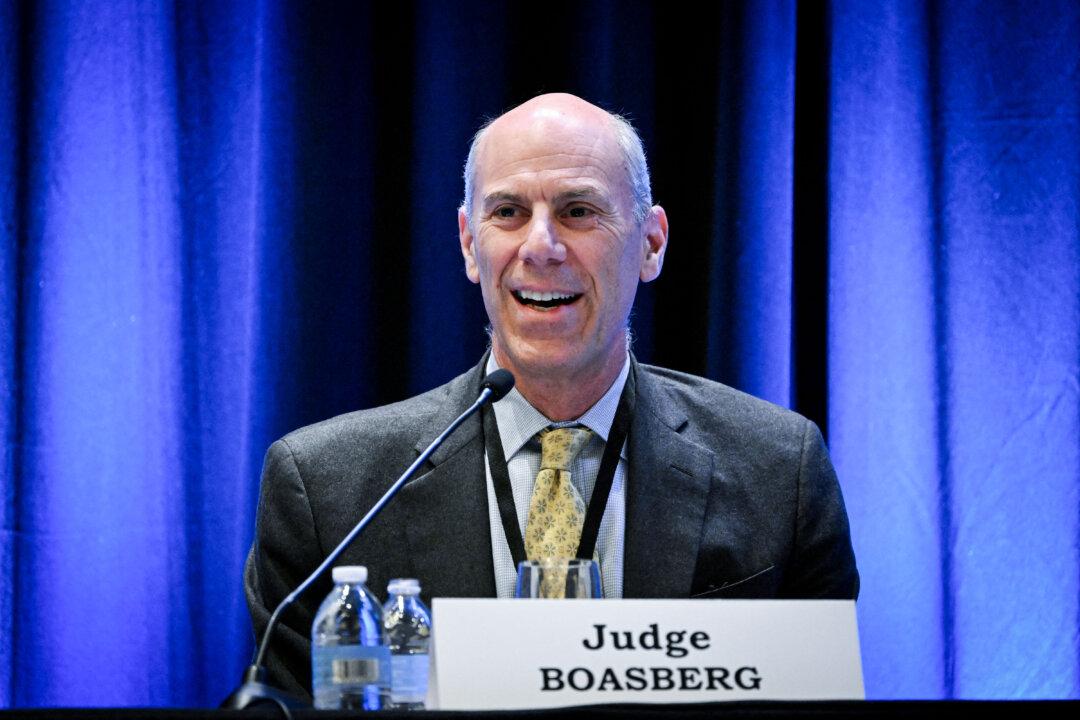The Trump administration filed a notice on April 17 that it was appealing U.S. District Judge James Boasberg’s April 16 order in which he found probable cause that the government was in contempt of his prior order prohibiting deportations under the Alien Enemies Act.
The appeal was expected as part of an ongoing back-and-forth between Boasberg and the administration, as the two parties wrestle over the boundaries between judicial and executive authority.





